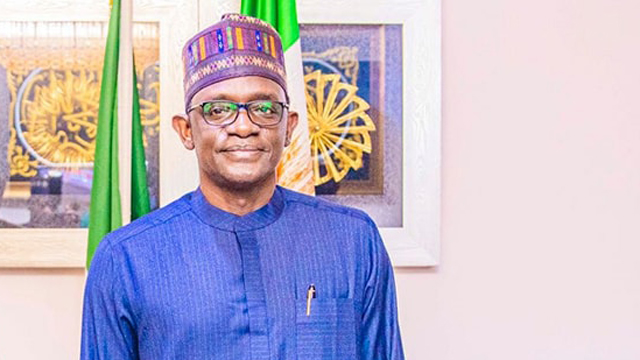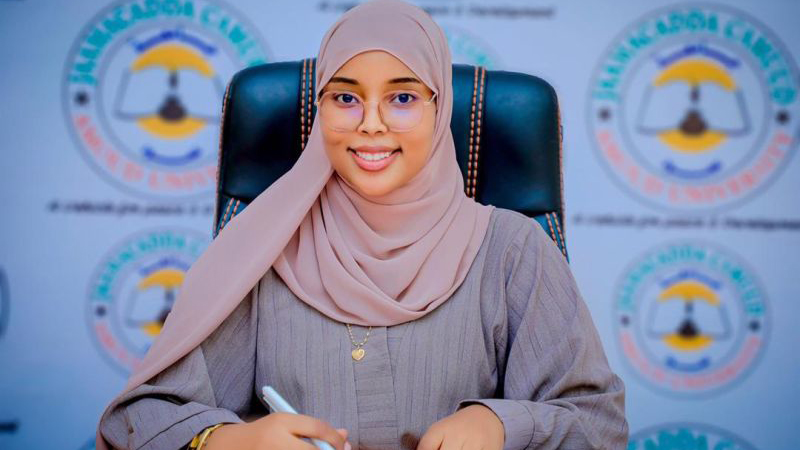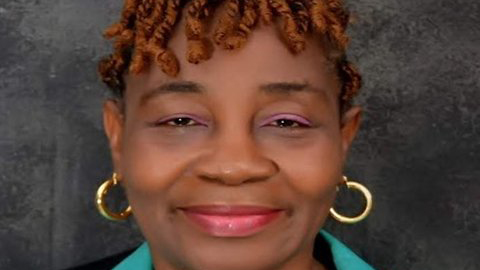Health experts and advocates have called for a fact-based and compassionate approach to abortion discourse in Nigeria, dispelling long-held misconceptions surrounding its legality, morality, and health implications.
They made this call at the weekend in Lagos during a one-day symposium organised by the Leadership Initiative for Youth Empowerment (LIFE) with the theme: “Transforming Narratives, Empowering Care: Global Action for Safe Abortion.”
The symposium aimed to highlight the need for increased awareness of safe abortion among young women to strengthen sexual and reproductive health, as well as challenge stigma, promote compassionate care, and advance access to safe and legal services.
Executive Director, Centre for Bridging Health Gaps (CBHGaps), Dr. Moriam Jagun, emphasised that abortion remains largely restricted under Nigerian law, permitted only when necessary to save the life of the woman.
Jagun, who was represented by the Communication Specialist at CBHGaps, Damilola Danbaba, lamented widespread misinformation, noting that many Nigerians wrongly believe abortion is fully legal or widely practised without restriction.
“Abortion is not legal in Nigeria. It is restricted to certain medical situations, especially to save the life of the woman. There is a very big misconception about abortion, even about who gets abortions. It’s not just young, unmarried girls; many married women and mothers also seek abortions,” he explained.
He added that myths surrounding abortion, such as claims that it causes infertility or that terminating a pregnancy could destroy a future leader, are unfounded and harmful.
“If abortion is done safely by medical professionals, following the right guidelines, everything will be fine. Unsafe abortions are what lead to complications and infertility,” he said.
Damilola also addressed societal fears that legalising abortion would encourage promiscuity among young women. According to him, evidence suggests that access to safe abortion services gives women choices and protects their health rather than promoting reckless behaviour.
On the role of media and communication, Damilola urged advocates to leverage entertainment and social media to correct misconceptions and promote accurate, engaging content about reproductive health.
He also stressed that abortion should be treated as a health issue, not one of morality or politics.
Similarly, Executive Director, Action Health Incorporated (AHI), Uwem Esiet, who was represented by Dr. Sholakunmi Olusanya, underscored the need to raise public awareness on the legal frameworks guiding abortion in Nigeria.
“We are not promoting indiscriminate abortions; we are educating people about the lawful circumstances in which abortion can be carried out, mainly to save lives,” she said.
Olusanya said that medical professionals must continue to inform communities about the sexual and reproductive rights of women and girls, while encouraging them to seek services only from qualified health centres.
“There are safe spaces for girls to speak up and get the care they need. When we understand their experiences, we can help them make informed health decisions,” she added.
In her remarks, Consultant Gynaecologist and member of the Society of Obstetrics and Gynaecologists of Nigeria (SOGON), Dr. Modupe Adedeji, reinforced that pregnancy, even in its healthiest form, carries risks. She emphasised that the decision to terminate a pregnancy should always prioritise the woman’s life and mental health.
“We, as gynaecologists, are like soldiers trying to make sure women don’t die. When a pregnancy is life-threatening, there’s no need for the woman to continue. That’s the essence of medical judgment: to save lives,” Adedeji said.
She also highlighted the importance of mental health assessments, noting that qualified doctors can evaluate when pregnancy endangers a woman’s psychological well-being.
Executive Director, Vision Spring Initiative, Dr. Ngozi Nwosu, stated that cultural norms and religion have stifled conversation on sexual and reproductive health for young women, thus breeding ignorance and unsafe abortion practices among young people.
She opined that by encouraging open discussion on the topic, more women can have correct information on safe sexual and reproductive services that promote their overall well-being.
Her words: “All we need is to have conversations with our young people. The reason we do not hear about these unsafe practices is because we are judging them. We’ve not had a heart-to-heart conversation with them. We are still living in denial about issues of unsafe abortion in Nigeria, and the record of unsafe abortion is alarming.”






